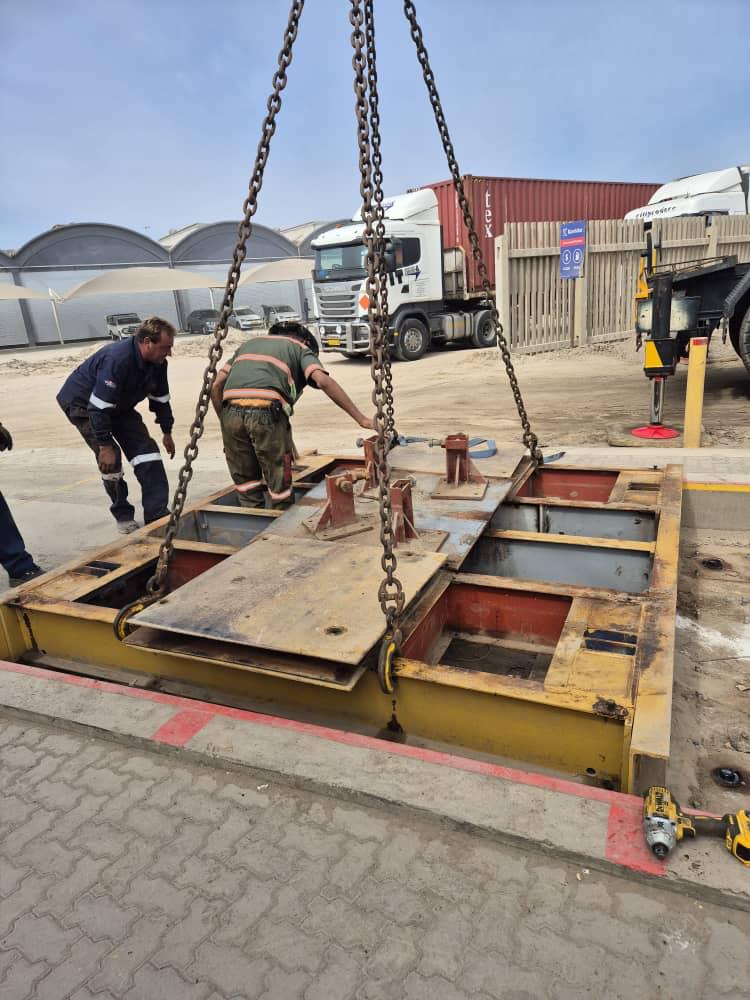AN in-depth study of privatised water services in Namibia says that while prepaid water systems are being marketed as the solution to bad debts and water conservation, they are in fact worsening the plight of the country’s most vulnerable.
Titled ‘Water Privatisation in Namibia:Creating a New Apartheid?’, the report released by the Labour Resource and Research Institute (LaRRI), contends that the system is exposing thousands of the country’s poor to preventable diseases and death. “The prepayment water system is hostile to public health and negatively affects the social and environmental conditions of the poorest sections of society,” says the author of the report, Jade McClune.Using the experiences of the DRC informal settlement at Swakopmund as an example of the hardships people suffer as a result of the system, the study questions whether this policy is becoming “the new apartheid”.”Prepaid meters are not being installed in the rich suburbs nor in the industrial areas where vast amounts of water is being consumed.They are only being installed in the working class areas, where the majority of the black population live,” says the report.According to the study, thousands of people go without sufficient water to meet their daily personal hygiene, nutritional health or childcare needs.”The pricing and method of prepaid water supply inhibits consumption by the poor in a drastic way,” the study contends.The situation in a number of towns and villages across the country which use this system is also documented and the report subsequently concludes that the argument that the poor must pay for basic water infrastructure is flawed.The LaRRI report maintains that the national housing policy is also being contradicted in situations where defaulters are evicted from their homes for being unable to pay their water bills.Placing basic water services beyond the reach of the country’s poorest citizens is impoverishing the rural population further making them unable to secure water for their farming activities, claims the study.LaRRI recommends that access to clean drinking water be protected by legislative and institutional guarantees as a basic human right.It further suggests that an assessment be undertaken to establish the correlation between the privatisation of water services and disease prevalence.A free minimum amount of household water supply should be implemented “to safeguard the interest of indigent families, children and pensioners”, it says.Ideally, the provision of basic water services should be re-incorporated into the public sector as a core function of Government, the labour institute says.”The prepayment water system is hostile to public health and negatively affects the social and environmental conditions of the poorest sections of society,” says the author of the report, Jade McClune.Using the experiences of the DRC informal settlement at Swakopmund as an example of the hardships people suffer as a result of the system, the study questions whether this policy is becoming “the new apartheid”.”Prepaid meters are not being installed in the rich suburbs nor in the industrial areas where vast amounts of water is being consumed.They are only being installed in the working class areas, where the majority of the black population live,” says the report.According to the study, thousands of people go without sufficient water to meet their daily personal hygiene, nutritional health or childcare needs.”The pricing and method of prepaid water supply inhibits consumption by the poor in a drastic way,” the study contends.The situation in a number of towns and villages across the country which use this system is also documented and the report subsequently concludes that the argument that the poor must pay for basic water infrastructure is flawed.The LaRRI report maintains that the national housing policy is also being contradicted in situations where defaulters are evicted from their homes for being unable to pay their water bills.Placing basic water services beyond the reach of the country’s poorest citizens is impoverishing the rural population further making them unable to secure water for their farming activities, claims the study.LaRRI recommends that access to clean drinking water be protected by legislative and institutional guarantees as a basic human right.It further suggests that an assessment be undertaken to establish the correlation between the privatisation of water services and disease prevalence.A free minimum amount of household water supply should be implemented “to safeguard the interest of indigent families, children and pensioners”, it says.Ideally, the provision of basic water services should be re-incorporated into the public sector as a core function of Government, the labour institute says.
Stay informed with The Namibian – your source for credible journalism. Get in-depth reporting and opinions for
only N$85 a month. Invest in journalism, invest in democracy –
Subscribe Now!










